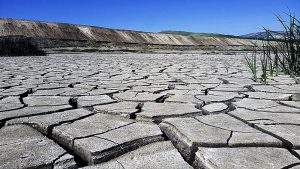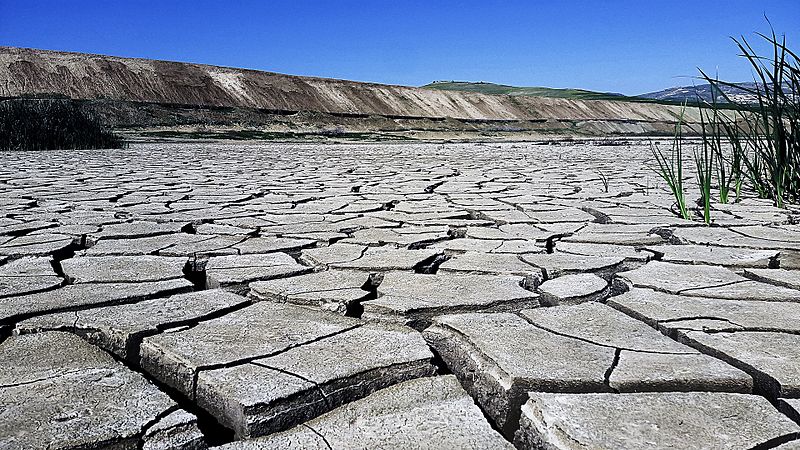Trillions of dollars needed to avoid ‘climate apartheid’ but this is less than cost of inaction
The world’s readiness for the inevitable effects of the climate crisis is “gravely insufficient”, according to a report from global leaders.
This lack of preparedness will result in poverty, water shortages and levels of migration soaring, with an “irrefutable toll on human life”, the report warns.
Trillion-dollar investment is needed to avert “climate apartheid”, where the rich escape the effects and the poor do not, but this investment is far smaller than the eventual cost of doing nothing.
The study says the greatest obstacle is not money but a lack of “political leadership that shakes people out of their collective slumber”. A “revolution” is needed in how the dangers of global heating are understood and planned for, and solutions are funded.
The report has been produced by the Global Commission on Adaptation (GCA), convened by 18 nations including the UK. It has contributions from the former UN secretary general Ban Ki-moon, the Microsoft founder, Bill Gates, environment ministers from China, India and Canada, the heads of the World Bank and the UN climate and environment divisions, and others.
Among the most urgent actions recommended are early-warning systems of impending disasters, developing crops that can withstand droughts and restoring mangrove swamps to protect coastlines, while other measures include painting roofs of homes white to reduce heatwave temperatures.

In the foreword to the report, Ban, Gates and Kristalina Georgieva, the World Bank chief executive, write: “The climate crisis is here, now: massive wildfires ravage fragile habitats, city taps run dry, droughts scorch the land and massive floods destroy people’s homes and livelihoods. So far the response has been gravely insufficient.”
Ban said: “I am really concerned about the lack of vision of political leaders. They are much more interested in getting elected and re-elected, and climate issues are not in their priorities. We are seeing this in the US with President Trump.”
The report says severe effects are now inevitable and estimates that unless precautions are taken, 100 million more people could be driven into poverty by 2030. It says the number of people short of water each year will jump by 1.4 billion to 5 billion, causing unprecedented competition for water, fuelling conflict and migration. On the coasts, rising sea levels and storms will drive hundreds of millions from their homes, with costs of $1tn (£810bn) a year by 2050.
Read more: The Guardian



